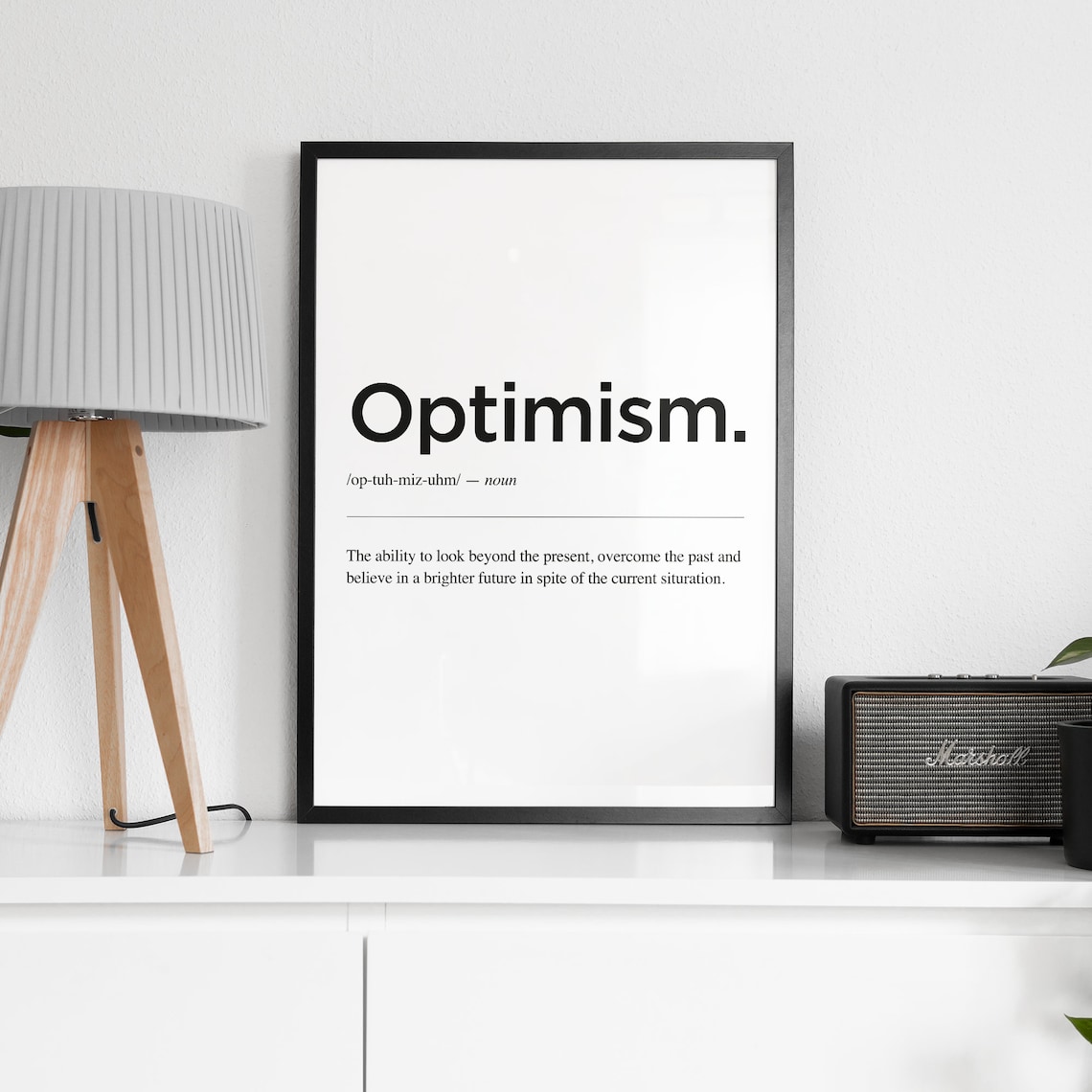

It is this personal experience that makes this book very readable, even as he draws upon in-depth research and interviews with experts in their field.

The book begins, and has a thread throughout, of Hari’s personal realization of the impact of the systems and structures in our society that are tugging at our attention and focus. You would be interested in this book if you are:ġ) Looking to explore personal and systemic causes of our inability to focusĢ) Curious about the pace and speed of the world and its implications to education and raising childrenģ) Embroiled already in a debate / argument / challenge with social media and digital devicesĤ) Wanting to take back your focus and attention in a world that is trying to steal it Is this book hopeful? Ultimately, yes – and encouraging. Is this book interesting? Yes, it is fascinating. This book explores the patterns and trends over time of humanity’s actions that have worked against our focus and attention abilities and skills. It captures the tension, the friction, the challenge, opportunity and hope that faces education in the face of diminishing ability to think deeply, pay mindful attention, and to learn deeply.
Cruel optimism meaning how to#
Critical supplements are likely to foreground the work of Lee Edelman, Heather Love, Eve Kosofsky Sedgwick, and Rei Terada.Stolen Focus, Why you Can’t Pay Attention – and How to Think Deeply Again, by Johann Hari, is a game-changer for me. This class will introduce students to the major texts, questions, and concepts of Berlant’s oeuvre with special reference to her theorization of emotion, intimacy, sentimentality, and “cruel optimism,” a particular characteristic of contemporary fantasies of the good life in which “something you desire is also an obstacle to your flourishing.” As we pursue Berlant’s formulation of questions about the relationships between private and public life, political feeling and political forms, gender and desire, dissatisfaction and disappointment, sex and what can be borne, we’ll also engage with her objects of study, which range from the fiction of Nathaniel Hawthorne to the poetry of John Ashbery to elements of popular culture traditionally maligned as melodramatic or kitschy, the films, for example, of Douglas Sirk. Probing our ideas and images of the body politic and the functioning of our own, often disappointed or disappointing, desires, Berlant explores how “tender fantasies of the good life” structure our participation in “intimate publics.” Generated and circulated through the market, these aspirations shield us from increasing precarity as we work out “varieties of suffering and fantasies of transcendence longing for reciprocity with other humans and the world irrational and rational attachments to the way things are special styles of ferocity and refusal and a creative will to survive that attends to everyday situations while imagining conditions of flourishing within and beyond them.” Why do we persist in our fantasies of the kind of good life that threatens to kill us? Why are we often frustrated in our attempts to find relief from precarity, attain sweeter forms of collective life, or even, at minimum, to obtain conditions of mere subsistence? What are the politics of our desires? These questions are central to the work of Lauren Berlant, one of the foremost thinkers at the intersection of contemporary political theory and affect theory.


 0 kommentar(er)
0 kommentar(er)
